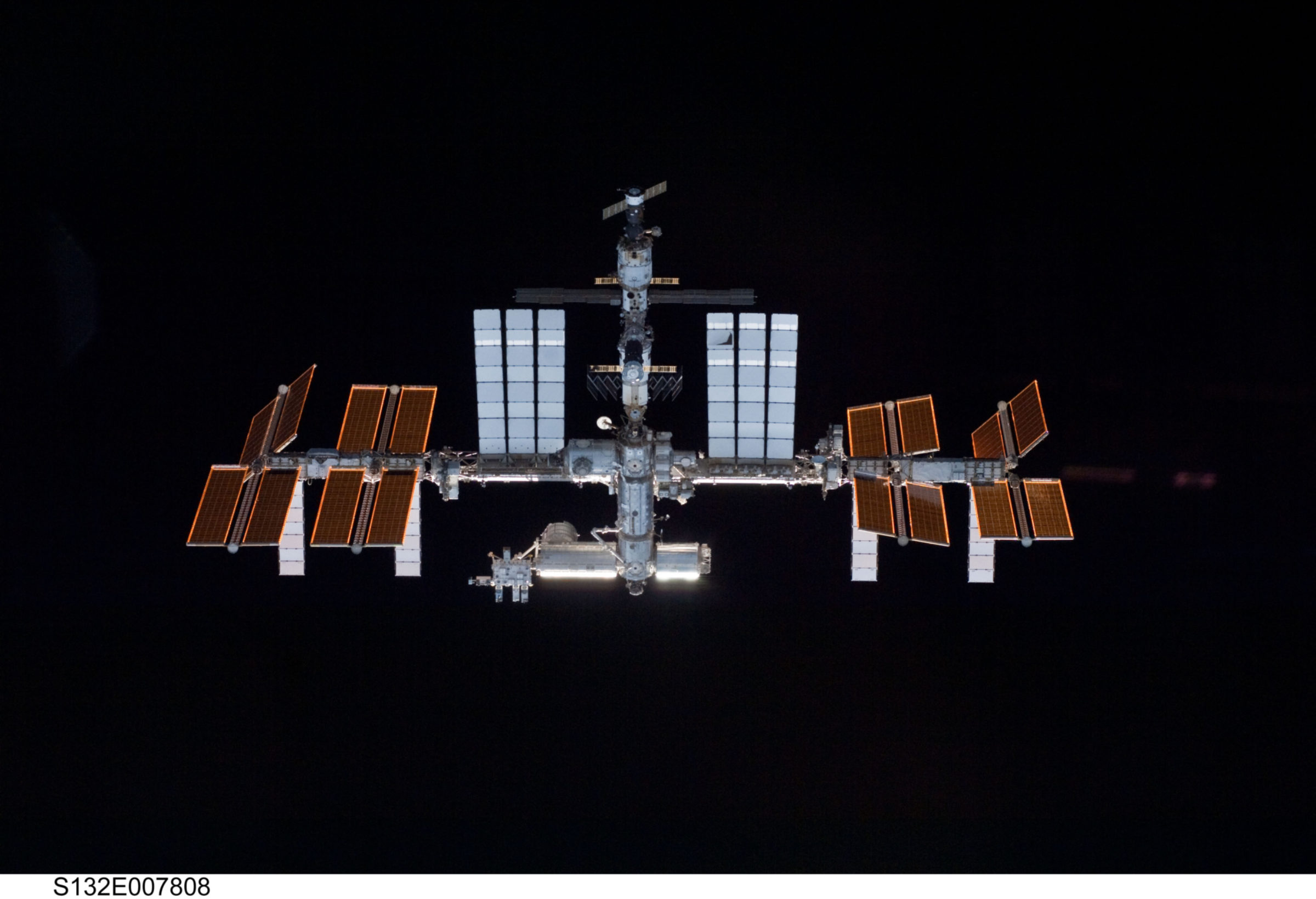Lori Dajose • Jul 25, 2013
Should National Rivalries Still Drive U.S. Space Policy?
"Science may sublimate rivalry – offering an alternative to military conflict – but it does not eliminate rivalry. It is difficult to imagine a non-competitive science." Stephen J. Pyne, The Third Great Age of Discovery, 1988.
Indeed, it is difficult to imagine science without rivalry – especially planetary science, given the history of space exploration. The early days and efforts of our space program were marked by urgent, tense overtones as we quite literally raced to beat the Soviets. It was imperative that we were the first to space, but not because we were simply dying to learn some new science – our motives were about politics, power, preeminence.
Something in the current House version of the NASA Authorization Bill made me recall these nationalistic motivations. Under the section on the International Space Station, “reliance on foreign carriers” is deemed “unacceptable,” making it absolutely imperative that we launch “United States astronauts on United States rockets from United States soil.” Now, I understand the sentiment behind this – no one wants to have the rug pulled out from under them when it comes to access to space.

However, I feel the sense of jingoism in the “All-American-space-exploration” mindset is a bit dated. During the Space Race, there were great things that the Soviets accomplished, and great things that the Americans accomplished. It’s idealistic, but just think of the leaps and bounds we could have made in discovery if we had collectively and internationally brought together our ideas, finances, and talents. Granted, the Cold War was a war mindset, so naturally the furthest thought in America’s mind was to sidle up to the Soviets, shake hands, and share secrets. But I hope that we have made progress from that era, and that our motivations for discovery might be different now.
Science knows no political bounds. Space exploration grants us—humans—a perspective that is impossible to gain while landlocked, and offers us an opportunity to set aside political differences in pursuit of a common goal. The view of our pale blue dot from space shows none of our carefully drawn boundaries or national pride. When Neil Armstrong stepped out onto the Moon, he declared it a giant step for mankind, not a giant step for any particular country. Thus, while we may accomplish our goals under the star-spangled banner, launching “United States astronauts on United States rockets from United States soil,” perhaps we should consider accomplishing them under the banner of the human race. As an aspiring planetary scientist, I sincerely hope the myriad of scientific possibilities that are born from international collaboration soon become realities.
Support our core enterprises
Your support powers our mission to explore worlds, find life, and defend Earth. You make all the difference when you make a gift. Give today!
Donate

 Explore Worlds
Explore Worlds Find Life
Find Life Defend Earth
Defend Earth

